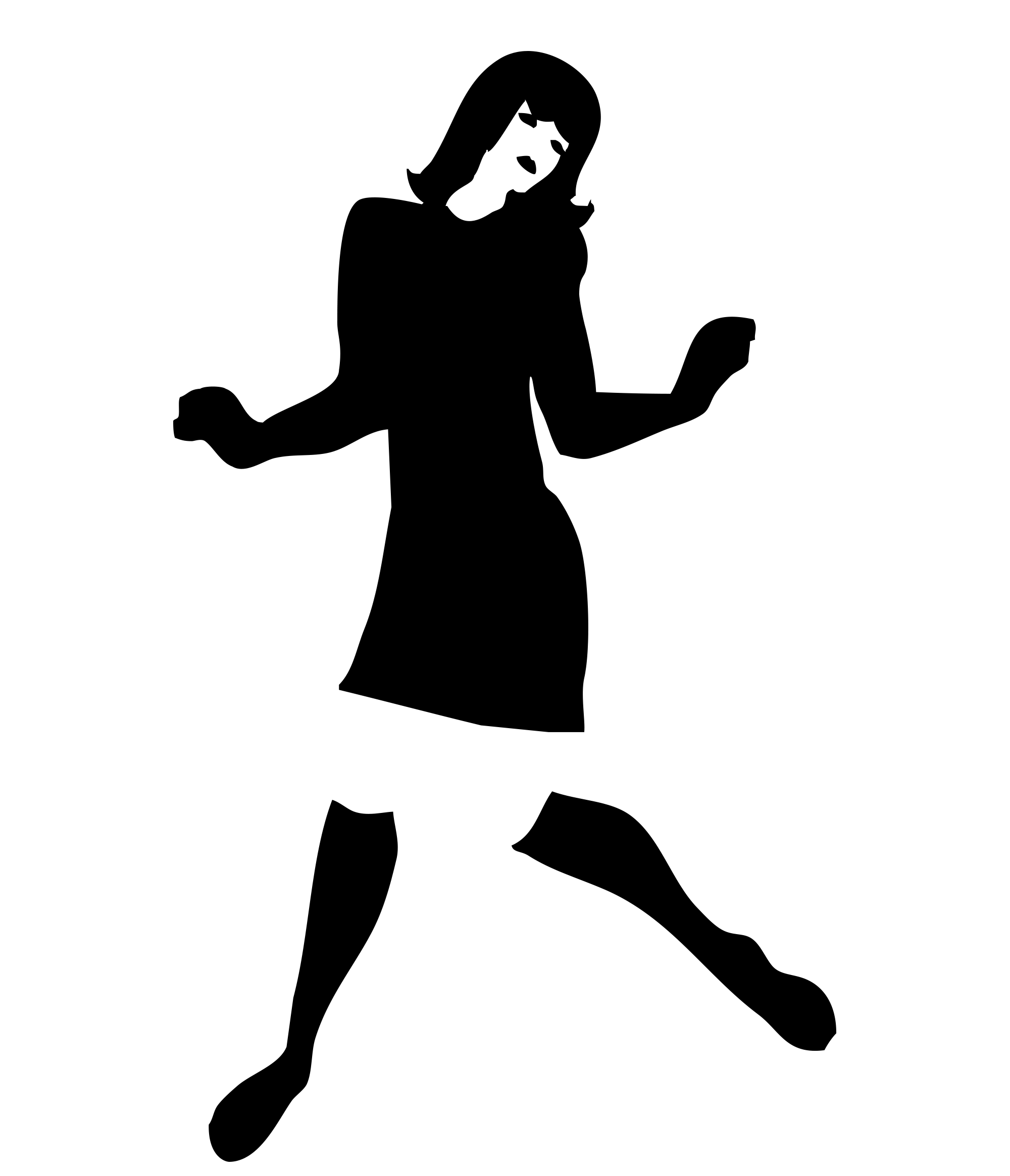Island Records
Catalogue No: ILPS 9568
VG+VG+
1979 Scandinavian pressing in beautiful condition.
The lyrical themes on Tribute to the Martyrs are even darker, angrier, and more politically confrontational than those on Handsworth Revolution. Yet strangely, the music itself is warmer and much more inviting. Where songs like "Prediction" and "Soldiers" on the debut deliberately held the listener at arm's length (the better for singer David Hinds to shake his finger in your face), the songs on this album engage the listener – either directly challenging the (presumably Babylonian) listener's ability to keep Rasta down ("Unseen Guest") or forcing the listener to consider the details of various martyr's stories ("Biko's Kindred Lament," "Uncle George"). Even "Sound System," ostensibly an expression of dancehall exuberance, sounds mainly defiant. But what really sets this album apart from its predecessor is the melodies, which, while still often fairly dry, are sometimes unbelievably powerful. The best examples are "Jah Pickney – R.A.R.," which is based on a swooningly lovely vocal hook combined with a lovely percolating keyboard part, and the even better "Babylon Makes the Rules," which takes a lyrical message of despair and turns it into musical victory by means of one of the most exalted call-and-response melodies in the history of reggae music.











